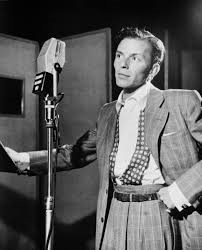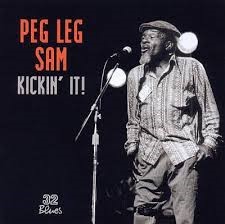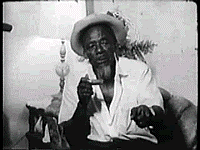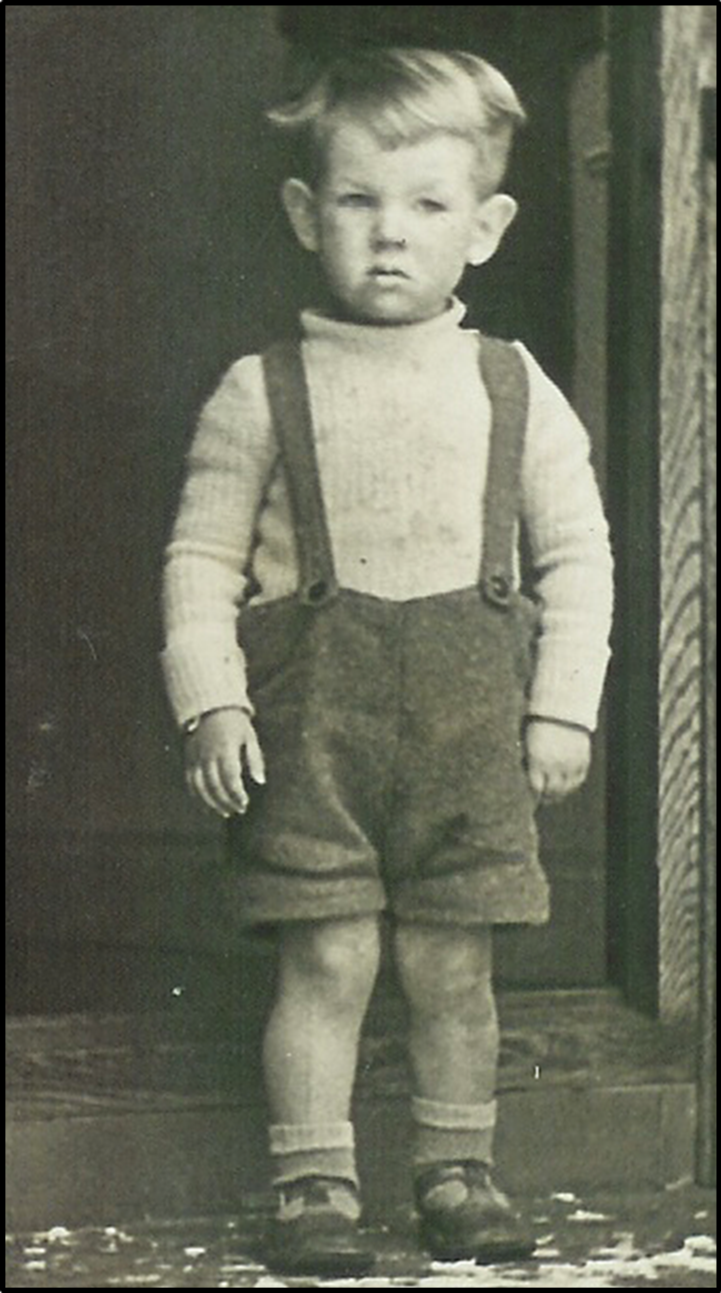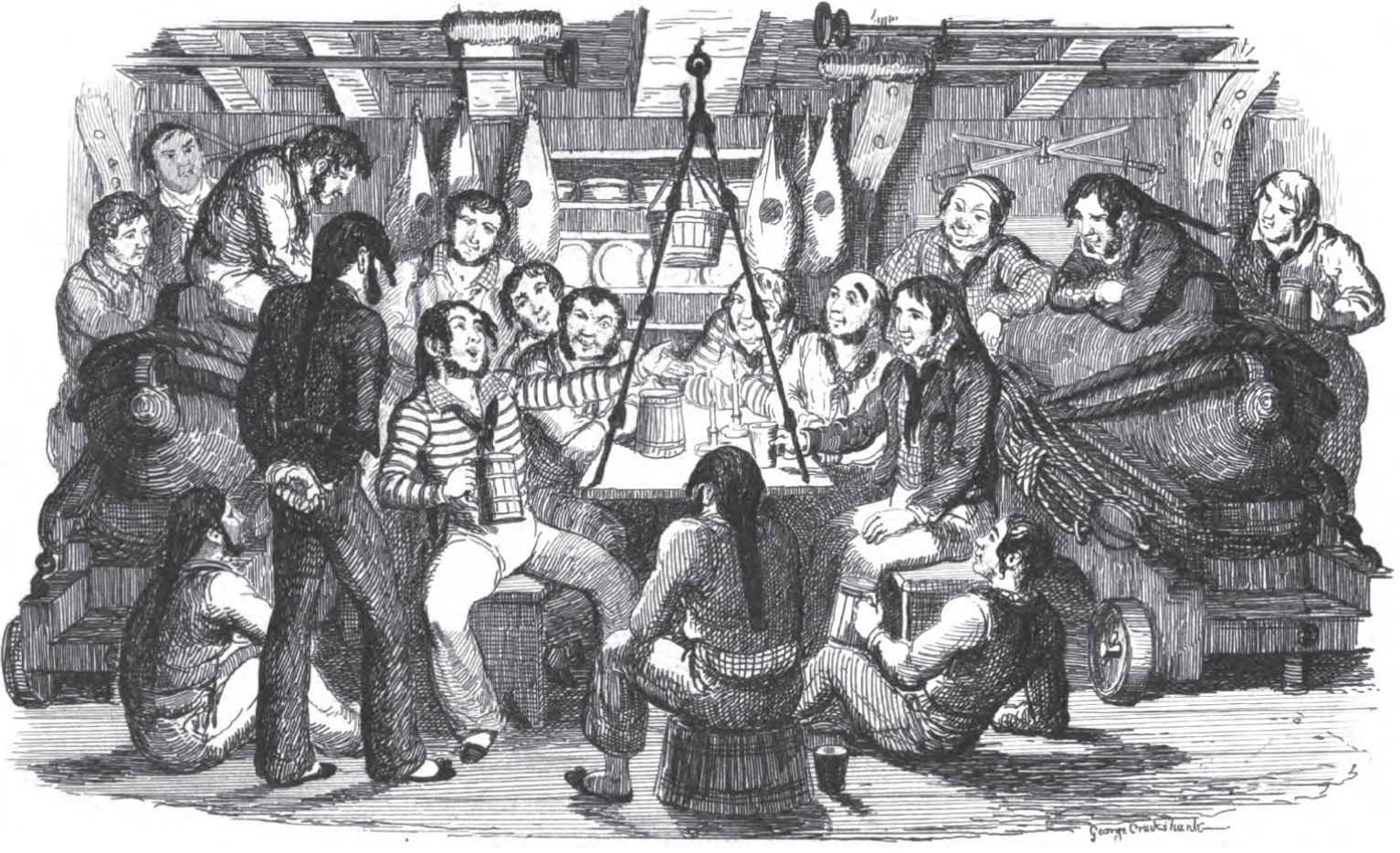
I started working out this tune and could not think of any words, but I had the idea it would suit a nautical topic. So I looked up some poems and lyrics and came across ‘Go To Sea Once More’. Fitting my tune to these words meant some fairly heavy editing but eventually I was happy with the result. Having now learned the song I thought I’d check out the original and found what seems the most recorded version by The Dubliners. It’s also been recorded by The Byrds and Grateful Dead, among others. However, it seems the original is much older:
‘This song about the 1850s Bering sea bowhead whale fishing was recorded in 1956 by A.L. Lloyd for his, Ewan MacColl and Harry H. Corbett’s album ‘The Singing Sailor’. This track has been reissued on their albums ‘Shanties and Fo’c’sle Songs’ (Wattle Records) and Off To Sea Once More (Stinson Records).
Ewan MacColl recorded this song a second time for the Riverside LP Thar She Blows! and A.L. Lloyd recorded it again in 1967 for the album ‘Leviathan! Ballads and Songs of the Whaling Trade’.Here, he was accompanied by Alf Edwards, English concertina, and Trevor Lucas and Martyn Wyndham-Read singing chorus. This track was also included in the French compilation Chants de Marins IV: Ballads, Complaintes et Shanties des Matelots Anglais’.. Lloyd commented in the Leviathan! sleeve notes:
Estimable Stan Hugill said this song in “known to every seaman”. Well, to a good few, anyway. Who was Rapper Brown, the villain of the piece? Particularly during the latter days of sail, many lodging house keepers encouraged seamen to fall in debt to them, then signed them aboard a hardcase ship in return for the “advance note” loaned by the company to the sailor ostensibly to buy gear for the voyage. Paddy West of Great Howard Street, Liverpool, was well-known for this, likewise John da Costa of the same seaport. But we do not find Rapper Brown in this rogues’ gallery. Perhaps there’s some confusion here with the fearsome Shangai Brown of San Francisco, through whose ministrations many a British seaman awoke from a drunken or drugged sleep do find himself aboard a vessel for the bowhead whaling grounds of the Bering Sea, a trip few men in their senses signed for, unless desperately hard pushed. Our version is from Ted Howard of Barry.’
OFF TO SEA ONCE MORE
When first I landed in Liverpool I went upon the spree.
While money lasts I spend it fast, got drunk as drunk could be.
But before my money was all gone on liquor and the whores,
I made up my mind that I was inclined to go to sea no more.
No more, no more! To go to sea no more.
I made up my mind that I was inclined to go to sea no more.
I made up my mind that I was inclined to go to sea no more.
As I was walking down the street I met with Angeline.
She said: “Come home with me, my lad, and we’ll have a cracking time.”
But when I awoke, it was no joke, I found I was all alone.
My silver watch and my money too, and my whole bloody gear was gone.
Was gone, was gone! My whole bloody gear was gone.
When I awoke, it was no joke for my whole bloody gear was gone.
As I was walking down the street I met big Rapper Brown.
I asked him if he would take me in, and he looked at me with a frown.
He said, “Last time you was paid off, with me you chalked up no score,
But I’ll take your advance and I’ll give youse a chance to go to sea once more.”.
Once more, once more! To go to sea once more.
I’ll take your advance and I’ll give youse a chance to go to sea once more.”
He shipped me on board of a whaling ship bound for the Arctic seas,
Where cold winds blow and there’s frost and snow and Jamaica rum would freeze.
And worse to bear, I’d no hardweather gear, for I’d lost all my dunnage ashore.
It was then that I wished that I was dead so I’d go to sea no more.
No more, no more! I’d go to sea no more.
It was then that I wished that I was dead so I’d go to sea no more.
Sometimes we’re catching whales, my lads, but mostly we get none,
With a twenty-foot oar in every paw from five o’clock in the morn.
And when daylight’s gone and the night coming on, you rest upon your oar,
And oh boys, you wish that you was dead or snug with the girls ashore.
Ashore, ashore! Snug with the girls ashore.
Oh boys, you wish that you was dead or snug with the girls ashore.
Come all you bold seafaring lads that listen to my song.
When you go a-big-boating, I’ll have you not go wrong.
You take my tip, when you come off a trip, don’t go with any whore,
But get married instead and have all night in and go to sea no more.
No more, no more! Don’t go to sea no more.
Get married, my lads, and have all night in and go to sea no more.
My version of this song (which I’ll admit is inferior) goes as follows:
JACK THE SAILOR
When I was in Liverpool I went upon a spree,
As soon as I was paid off got as drunk as I could be.
And when me money was all gone twas then I wanted more,
But the only way I knew of was to go to sea once more.
Once more, once more – once more, me lads once more.
The only way I knew of was to go to sea once more.
But then me charming Betsy she offered me a bed
But when I woke next morning with me overcoat she’d fled.
And walking back upon the streets the girls they all did roar
“There goes young Jack the sailor he must go to sea once more”.
Once more, once more – once more, me lads once more
“There goes Jack the sailor he must go to sea once more”.
Then standing on the corner I met up with Jackie Brown
I asked him if he’d take me on, he eyed me with a frown
“Last time you was paid off there was trouble with the law,
But as you are a shipmate I’ll take you on once more”.
Once more, once more – once more, me lads once more
As you are a sailor I’ll send you off once more”.
He shipped me on a whaler all bound for Arctic seas
Where the icy winds blow to make me rollocks freeze.
And me without an overcoat as I did say before,
I wished that I had never had to go to sea no more.
No more, no more – no more, me lads no more,
I wished that I would never have to go to sea no more.
Sometimes we’re catching whales me lads, but often catching none,
A bobbing on the ocean with a little harpoon gun.
You’re feeling oh so weary and your body always sore.
Tis then you wish that you were dead or back upon the ashore.
Ashore, ashore, ashore me lads ashore,
Tis then you wish that you were dead or back upon ashore.
So come on all you sailor boys and listen to me song,
When coming off those long hauls, I pray you’ll not go wrong.
Don’t you go down to Liverpool and wind up on the floor,
But find yourself a country wife and go to sea no more.
No more, no more, no more, me lads no more,
Find yourself a country wife and go to sea no more.
Trad arranged by MB © 2015


